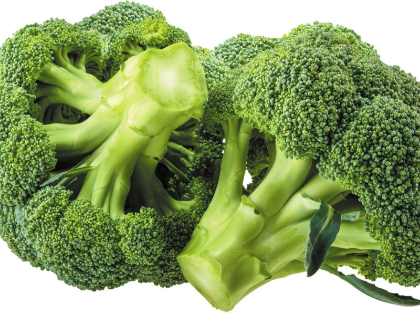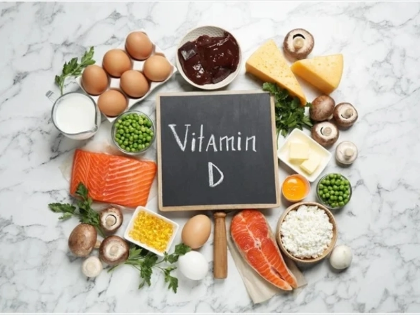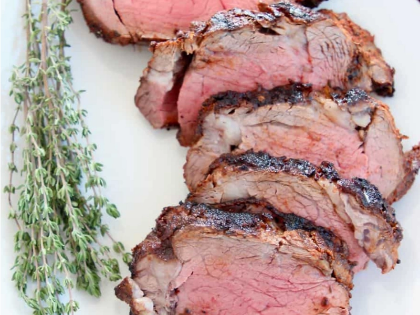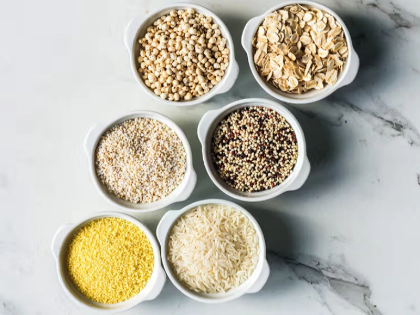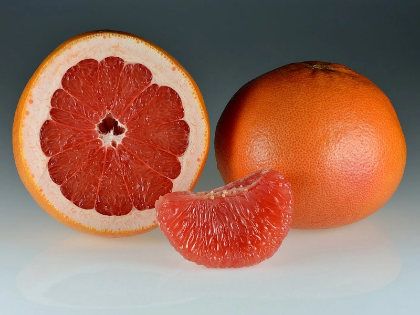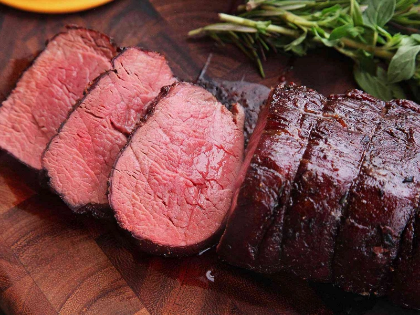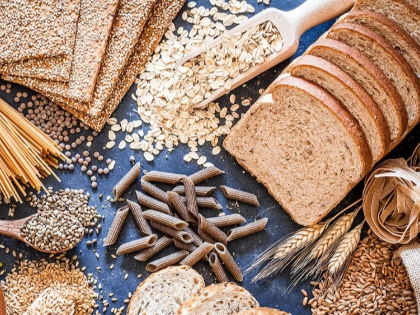How Grains Can Support Your Liver Health
Why Liver Health Matters
Crucially involved in detoxification, metabolism, and nutrition storage, the liver is among the most important organs in the human body. It breaks down pollutants and transforms nutrients into vital components for the body, therefore handling everything we eat. General well-being depends on maintaining liver health since a weakened liver can cause a variety of diseases, including liver cirrhosis and fatty liver disease. A balanced diet—especially including whole grains—is one great approach to helping liver health.
Understanding Whole Grains
Whole grains are those with all components of the grain kernel—the bran, germ, and endosperm. Whole grains keep their natural nutrients—including fiber, vitamins, and minerals—while processed grains have been stripped of these elements. Whole grains abound in common forms like brown rice, quinoa, oats, barley, and whole wheat. These grains are quite good for your health and a great way to support liver function.
Fiber and Liver Function
The great fiber concentration of whole grains is one of their main advantages. Regular bowel movements and constipation prevention help fiber to maintain digestive health by means of its crucial role. Since it aids in the body's waste product and toxin elimination, a healthy digestive system is absolutely vital for liver operation. Important for preserving liver health are also the blood sugar control and cholesterol-lowering effects of fiber.
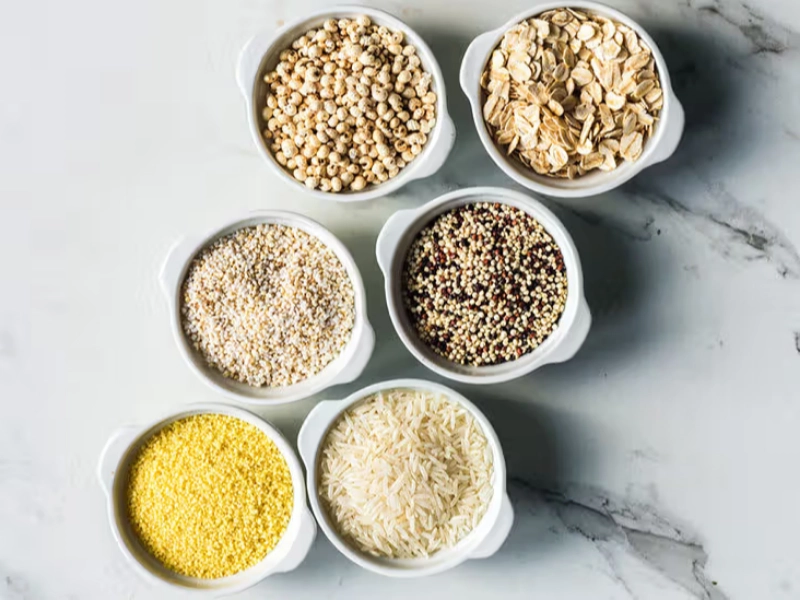
Whole Grains and Antioxidants
Additionally high in antioxidants, whole grains aid in the body's combat against oxidative stress. When an imbalance between free radicals and antioxidants causes cellular damage, oxidative stress results. Given its part in detoxifying, the liver is especially vulnerable to oxidative stress. Whole grains can give the liver the required antioxidants to guard against this damage, therefore maintaining its general operation and health.
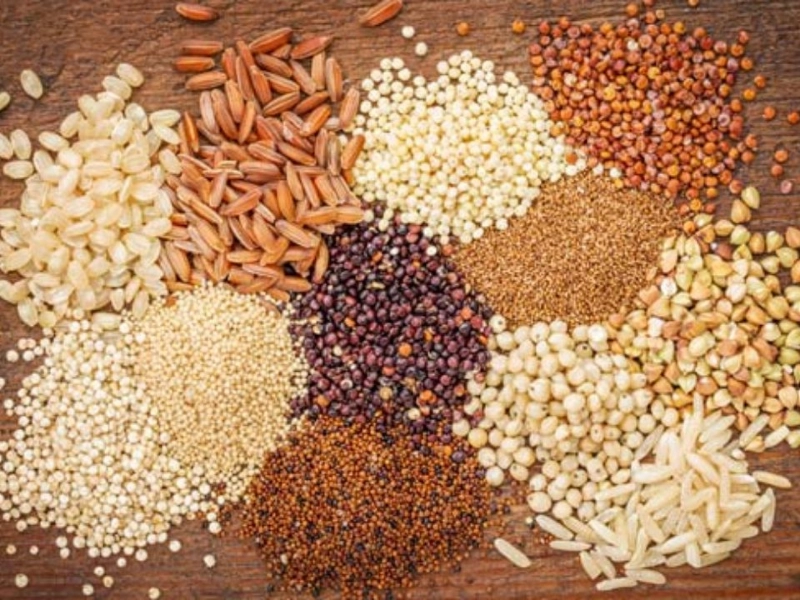
Nutrients Promoting Liver Function
Whole grains have important elements that support liver health in addition to fiber and antioxidants. Important in liver metabolism and fat breakdown are B vitamins, including B6, B12, and folate. Whole grains' minerals, including selenium and magnesium, help promote liver function by facilitating detoxifying mechanisms. Including a range of whole grains in your diet will help you to guarantee that you get these important minerals for best liver condition.
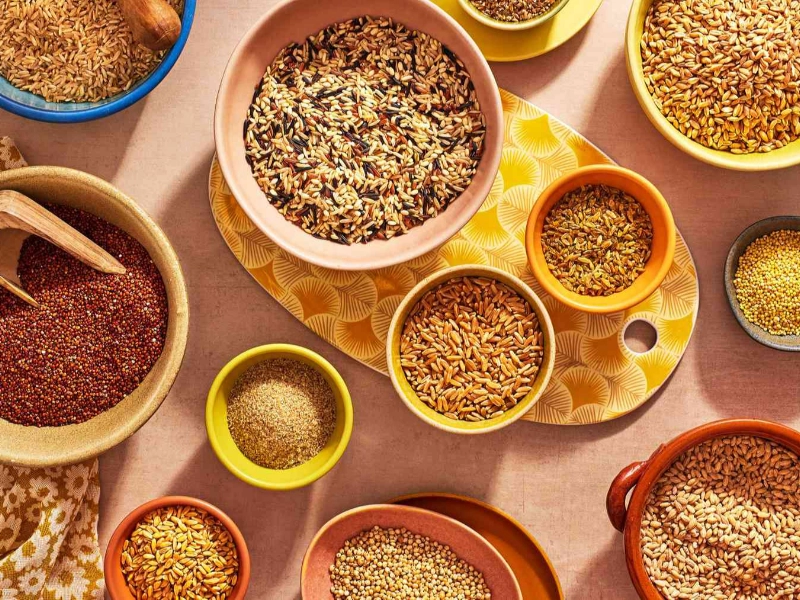
Lowering Fatty Liver Risk
If untreated, fatty liver disease—which is marked by an accumulation of fat in liver cells—can cause major medical problems. Management and avoidance of this disorder depend much on diet. Through weight control and increased insulin sensitivity, whole grains help lower the incidence of fatty liver. While their low glycemic index helps control blood sugar levels, lowering the possibility of fat storage in the liver, the fiber in whole grains promotes satiety, thus helping in weight control.
Including Whole Grains in Your Diet
Including whole grains in your everyday diet is simpler than you might think. Start in your favorite dishes by substituting whole grains for refined grains. Breakfast calls for oats or whole grain toast. Select brown rice, quinoa, or whole wheat pasta for lunch and dinner. Another good option is snacking on whole grain crackers or popcorn. While helping your liver function, experimenting with several whole grains will give your meals more variety.
The Role of Water
Though whole grains are vital for liver function, hydration is also rather important. Drinking lots of water improves general body processes and helps the liver eliminate toxins. Good hydration helps digestion and nutritional absorption, therefore enhancing the advantages of whole grains. To keep ideal liver function, try to sip enough water throughout the day, especially when eating high-fiber foods like whole grains.
Summary of Grain Benefits for Liver Function
Because of their great fiber count, strong antioxidants, and vital minerals, whole grains are a great friend in helping liver function. They improve digestive health, lower the incidence of fatty liver disease, and give the liver the tools it needs to properly detoxify. Your liver's natural defenses will be strengthened and general well-being will be promoted by including a range of whole grains in your diet and keeping appropriate hydration. Adopting a balanced diet including whole grains will help one lead a better lifestyle and have better liver conditions.

